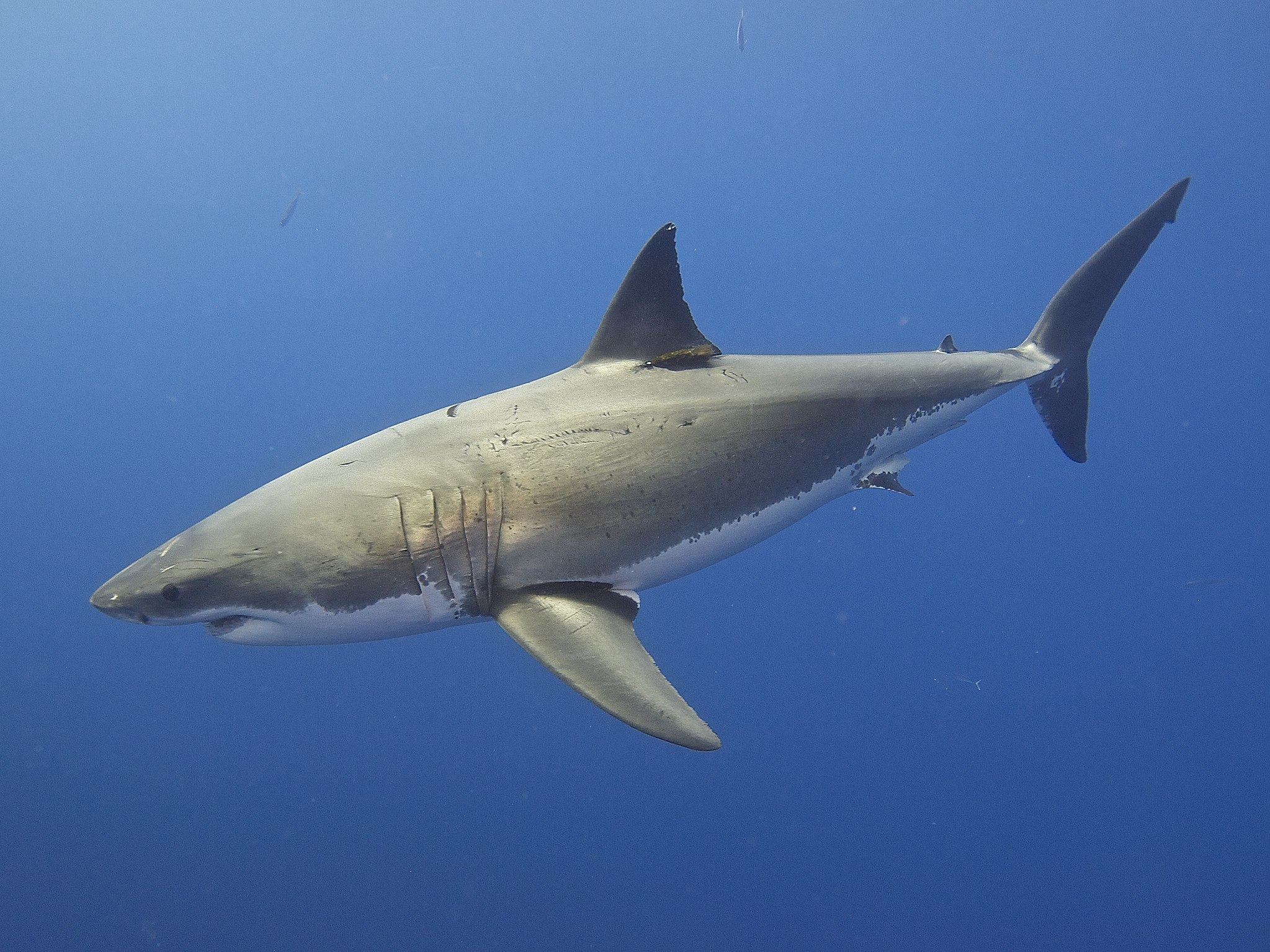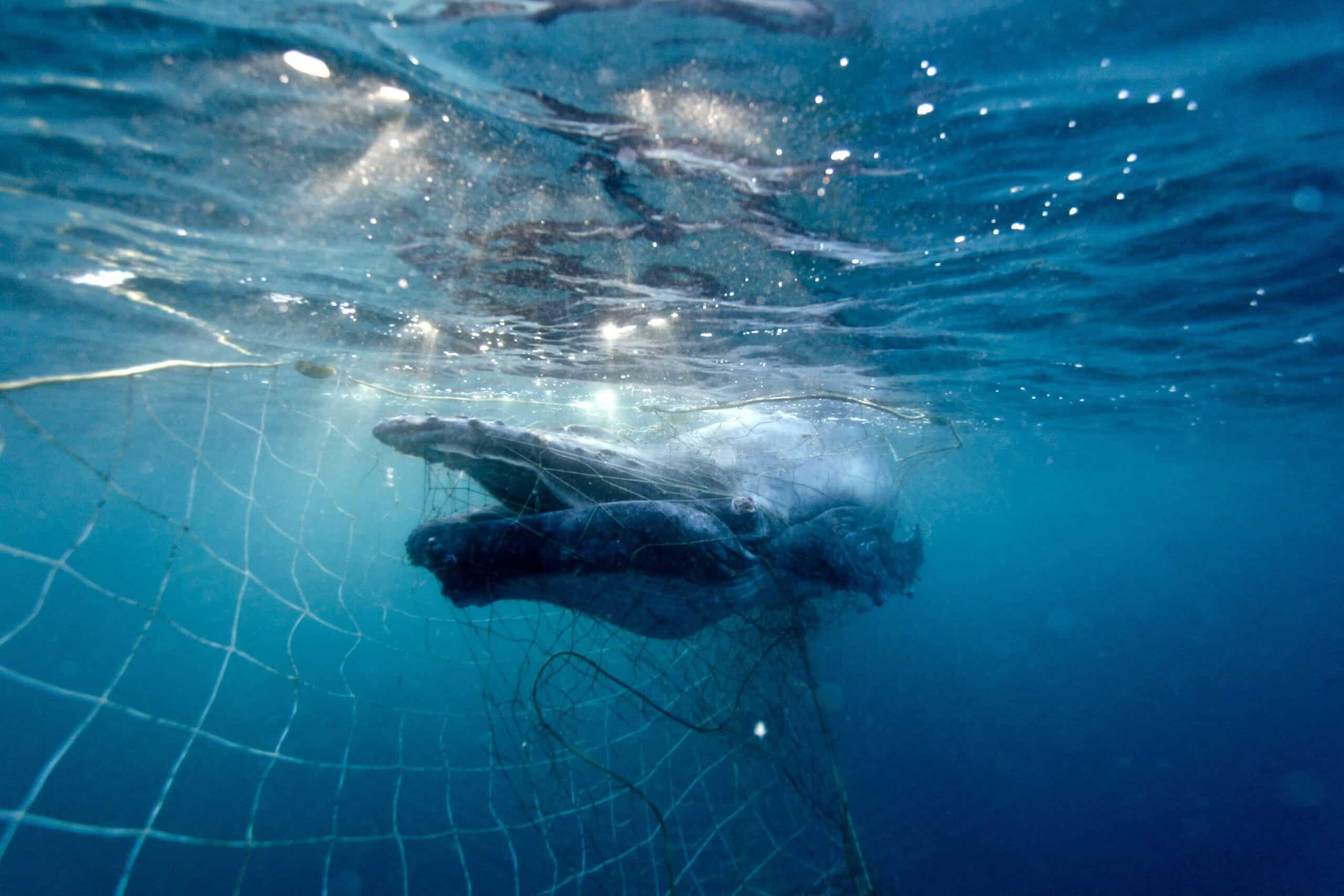Research shows that Australia’s great white sharks are highly related to each other and may consist of fewer than 500 breeding animals. SYDNEY, 24 June 2025: Latest research has found Australia’s great white shark population is much smaller than expected, increasing their vulnerability to further population threats. The population...
Are you looking to update your outdoor weather wardrobe? Wool is a popular fibre used in adventure clothing, but it has animal welfare issues to watch out for and on this topic, we’ve got you covered.
Mulesing is one of the most painful mutilations inflicted on Australian livestock, a procedure endured every year by over 10 million Australian Merino lambs bred for wool. This averages out to about 19 lambs every minute and Australia is the only country practicing it. Consumers and brands are shunning the painful practice, with momentum building in favour of improved conditions for farm animals.
Named ‘mulesing’ after sheep farmer John Mules who developed it almost a century ago, this out-dated practice is used to protect lambs from flystrike, undoubtedly a terrible condition which can be fatal. Mulesing uses shears to slice off strips of wrinkled skin around the lamb’s rear end, creating smooth scar tissue that’s unattractive to flies, thereby preventing flystrike.
However, preventing one painful problem with another painful problem is not the answer. Through better breeding, farmers can produce plain-bodied sheep without the wrinkles that make sheep prone to flystrike. These sheep are naturally resistant to flystrike and produce quality wool without the need for painful mulesing.
HSI has been hard at work campaigning to have mulesing phased out and replaced with better breeding, so flocks are flystrike resistant! You can do your part by choosing to buy from brands who have already made a commitment to only source wool from sheep that haven’t been mulesed.
Sadly, animals are faced with many instances of exploitation and cruelty, but as consumers we are faced everyday with the chance to make kinder choices! This includes our wardrobe. Shoes, jumpers and even our socks can all contain wool sourced from sheep that were mulesed, but we can choose to avoid buying wool that’s associated with such a painful practice.
Aussies love to travel and as more borders start to re-open, the holiday season and summer approach, we wanted to share our top outdoors brands who support better wool. We have researched extensively to find sheep friendlier brands for a wide range of outdoors activities and sports and hope this list helps you make kinder choices ahead of your adventures and travels. These brands below have either already phased out mulesed wool completely or they have a time-bound commitments to phase it out verified through a robust certification scheme.
We have you covered whether you plan to be hiking and camping in beautiful Tasmania, surfing the big waves in picture perfect Lisbon, cycling the famous Mawson Trail in Adelaide, or skiing the colossal slopes of Honshu! Here are some of our top picks!
- Columbia
- Fjallraven
- Helly Hansen
- Icebreaker
- Jack Wolfskin
- Kathmandu
- Macpac
- Mammut
- Mountain Equipment Company (MEC)
- Patagonia
- Rapha
- Teva
Alternativity, if one of your 2023 resolutions is to buy less clothes or buy less new, you can find great second-hand clothes at your local op shop. Aren’t so keen on the great outdoors? You can still shop for better wool by downloading our complete Better Wool Guide here.
Have a favourite brand you want to see in our Better Wool Guide? Send us an email to action@his.org.au and we will be in touch!
Thanks for supporting better wool and an end to mulesing, and wishing ewe a woolly-good time on your travels and adventures this summer!


